Tommy McLean’s flying teacups.
Bidding farewell to Tannadice wearing only his underpants and a smile.
A post-football career that has seen him turn his hand to being a bouncer, taxi driver and a private detective.
It is little wonder that Sieb Dijkstra’s pals often urged him to pen an autobiography; to tell the story of the moustachioed Dutchman who became a cult hero in Scottish football.
Dijkstra finally embraced the notion, working alongside author Martin Schouman to chronicle a circuitous journey, on and off the pitch.
“Keeper met een missie” (“Keeper With a Mission”) was released in the Netherlands last month and talks are ongoing with a view to translating the memoir for an English-speaking audience.
One suspects there would be a voracious appetite in Tayside and North Lanarkshire, at least, with Dijkstra’s time in Scotland representing the most successful period of his career.
Not that you could have predicted it following his Motherwell debut.
“Billy Thomson was injured after a couple of training sessions and I had to play the cup game against Raith Rovers,” recalls Dijkstra. “I had only been in Scotland for two days but (manager) Tommy McLean wanted me to play.
“We lost 4-1 — it was not good.”
He added: “My first thought about Tommy McLean? It was, “What the heck am I seeing here?” At half-time against Raith, tea cups were flying left and right. He was a little temperamental!”
Nevertheless, mutual respect blossomed and McLean would subsequently sign Dijkstra for United in 1996.
“Tommy was a good manager and he was the reason I performed so well in Scotland. He gave me the opportunity and confidence,” he continued. “If you did well, stayed disciplined and followed instructions, he would always be good with you. If you didn’t follow orders and did the wrong things, then you would have some problems.”
Billy Thomson memories
Dijkstra reflects warmly on his time working with the late, great Thomson at Fir Park, recalling the ex-United hero as a supportive, diligent, warm colleague.
His passing in February was a punch to the solar plexus.
“Billy is a person who helped me so much when I first came to Scotland,” Dijkstra continued. “Even when he was on the bench, he was very supportive and helpful in every way you could imagine. I admired him as a person and a player.
“Billy was a big name in Scottish football and maybe someone else would be upset about losing their place. I’ve seen a lot of goalkeepers who take the place of the first-team keeper and it became a really fierce rivalry.
“But that didn’t happen with me and Billy. I always remember when Tommy McLean decided to stick with me, Billy congratulated me and said, “Sieb, you deserve it.” He was a great person.”
On a roll
After a two-year dalliance with QPR, Dijkstra reunited with McLean at Tannadice in December of 1996 — joining a toiling Tangerines side who had been second-bottom of the SPL after 10 games.
The resurgence was thrilling.
A 17-game unbeaten run; 12 clean sheets; finishing third in the top-flight and securing European qualification.
“When we got on that flow, it was a special time,” he smiles. “We beat Kilmarnock in my first game and then had a midweek game against Rangers — nobody was beating Rangers; they said it was not possible — but we won that match 1-0.
“From that point on, we just kept getting results. From how United started that season, qualifying for Europe is something really big, I believe.”
There are regrets.
The meek 3-0 defeat in the 1997 Coca-Cola Cup final against Celtic rankles, particularly after beating Rangers at Ibrox in a previous round. “From minute one, we just didn’t get into the game,” he rues.
But that didn’t lessen Dijkstra’s impact at Tannadice, nor the supporters’ fondness for him during his two-and-a-half years — 113 outings — at United.
“I still get messages from United and Motherwell fans asking me to record videos or send messages to celebrate child births, birthdays or weddings,” Dijkstra continued. “That is a really great thing and I always like to reply.
“I will always be grateful to Paul Sturrock for bringing me on for the final stages of the Celtic match (May 1999), knowing it would be my final game for United.
“I ran off the pitch in my underpants at the end! Football boots; gloves; jersey; shorts — the supporters got it all.
“It was a hectic night because I was going to Hull for the boat back to Holland straight away. So as everyone was waiting at the main entrance of Tannadice, I got picked up at the back the stadium for a quick getaway.
“But someone spotted me and I still ended up being mobbed and was there for an hour! Those are great memories.”
Life after football
And what of Dijkstra in the intervening years?
He opened a soccer school and served Dutch side Fortuna Sittard as goalkeeping coach.
Away from football, Dijkstra worked as a nightclub bouncer — even with his genial nature, it would take a foolhardy soul to test that 6ft5ins frame — inspected lorry drivers’ loads in an industrial estate and drove a taxi.
He even trained as a private detective, investigating insurance fraud.
Dijkstra is now helping local sides Schaesberg and Chevremont but, as always, will have an eye on the United score as they attempt to claim an unlikely triumph over Rangers at Ibrox on Saturday; something Dijkstra achieved THREE times with the Terrors.
“I know things have not gone well this season but the main thing is to have belief in yourself when you go there,” he added.
“If you do not believe in your ability, or believe you can achieve special things, then why bother? It is not always the most talented team that wins.”
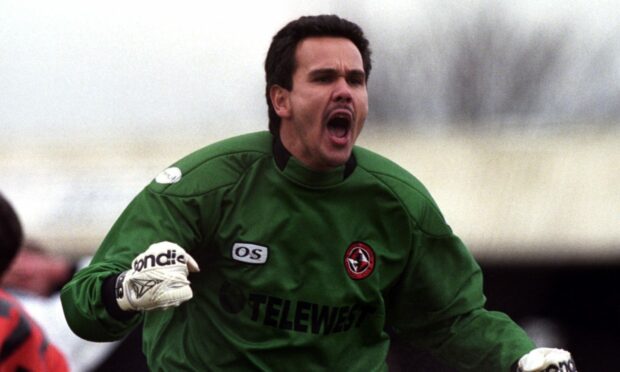
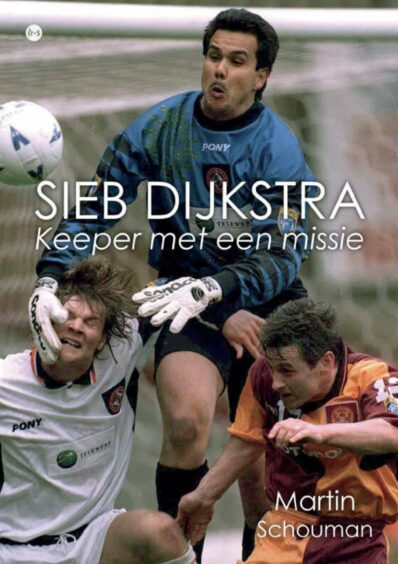
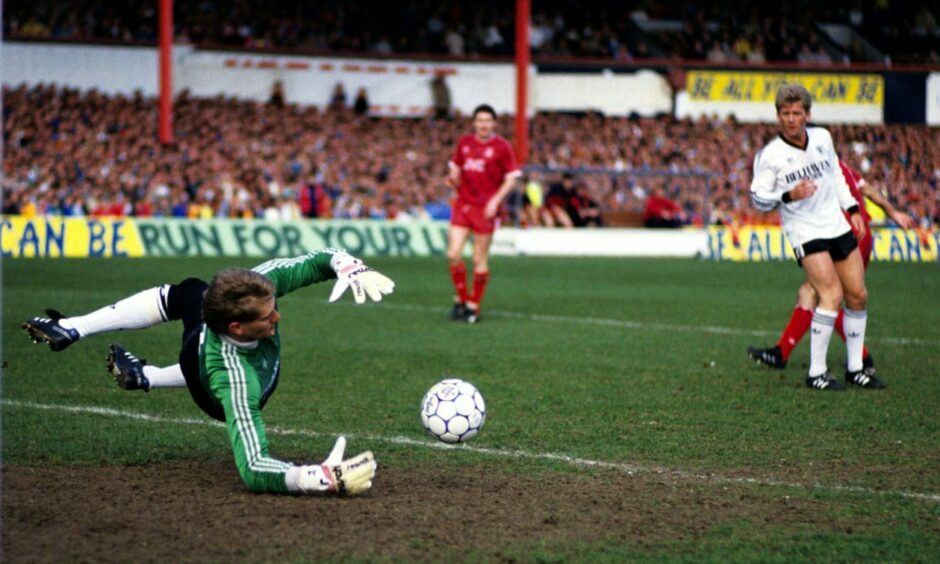
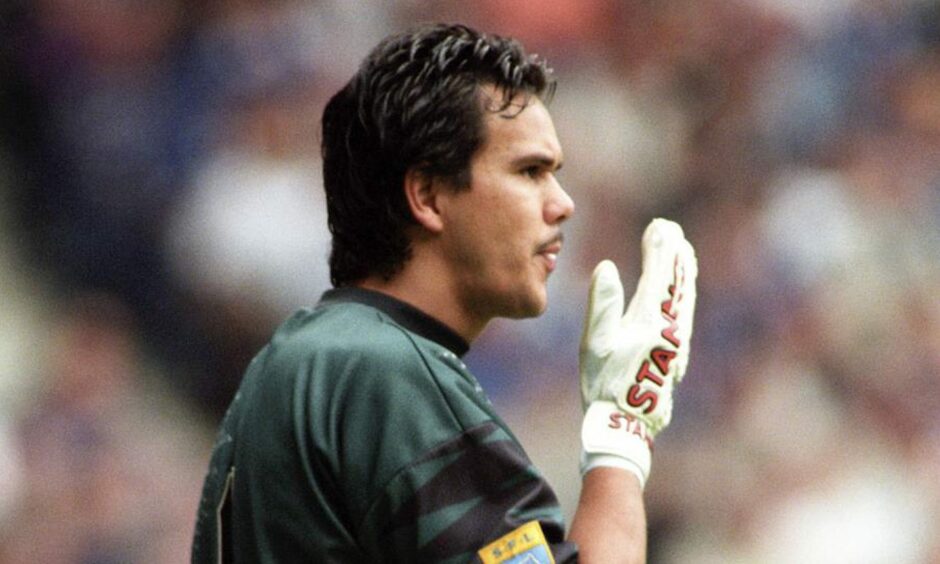
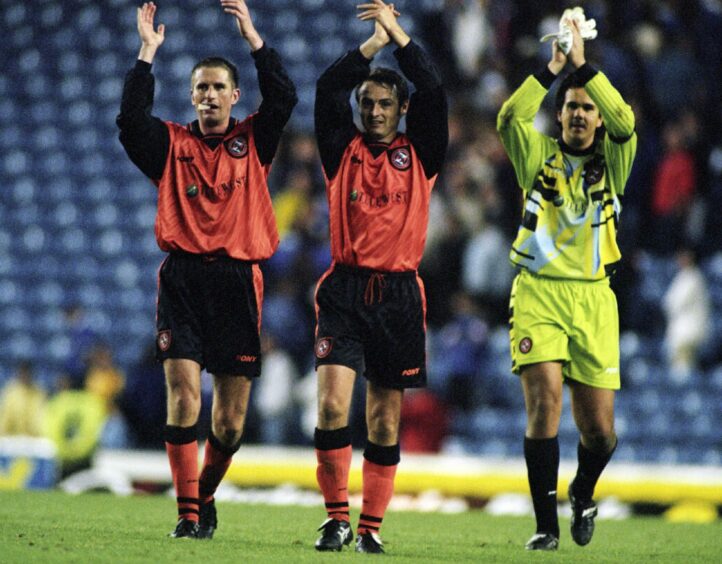
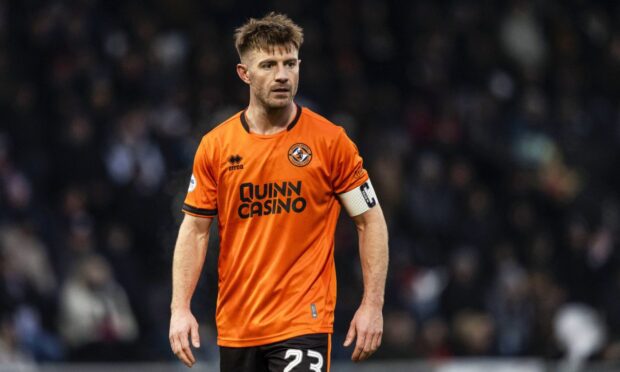
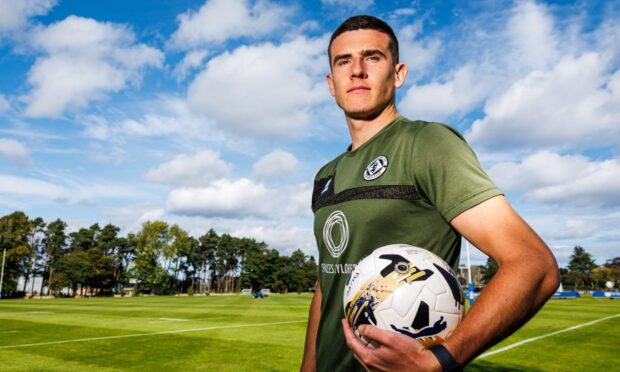
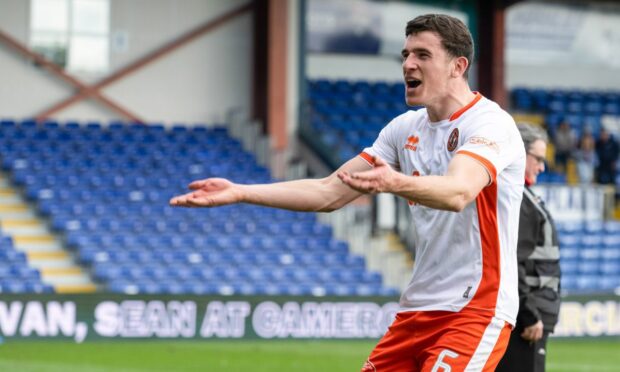
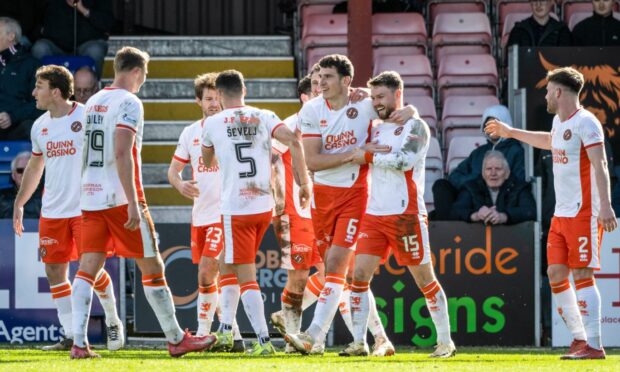
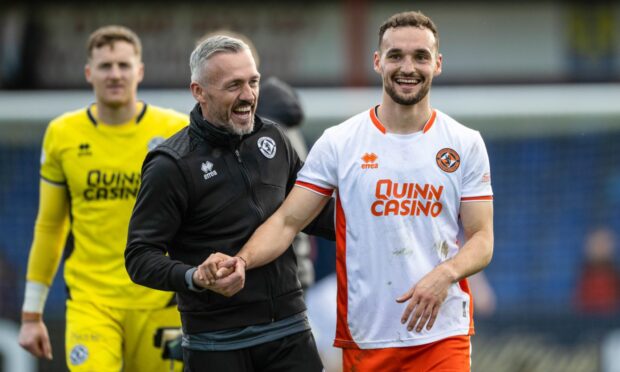
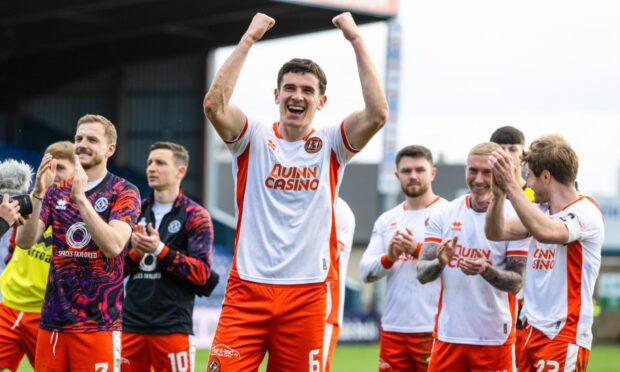
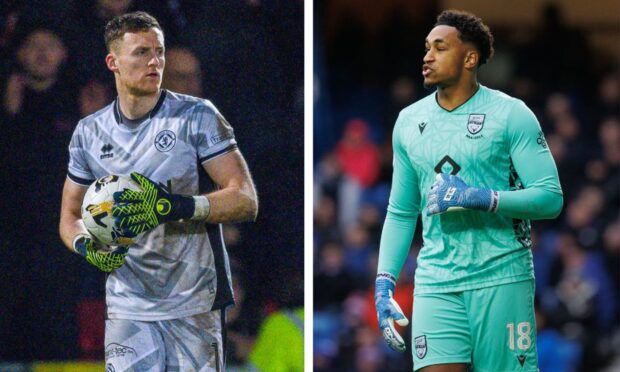
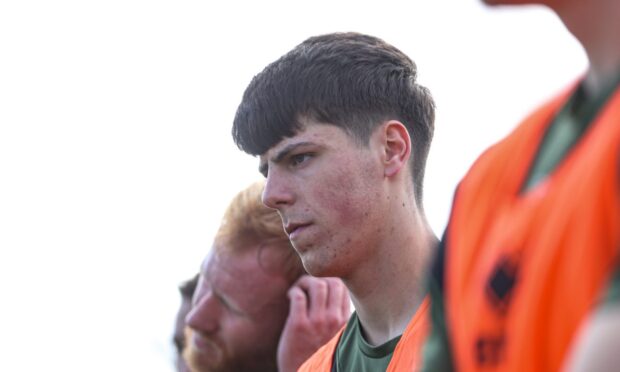
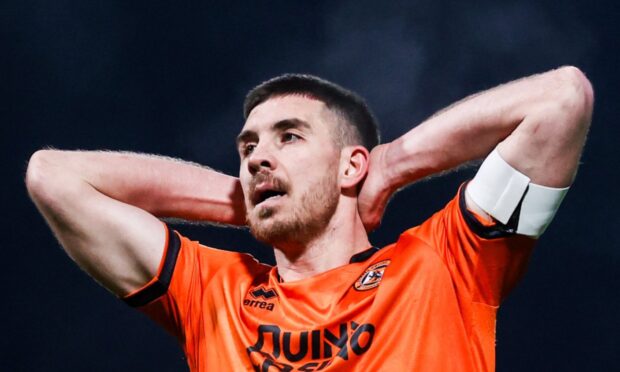
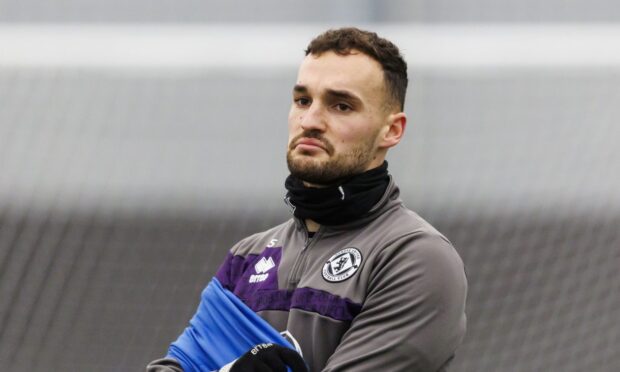
Conversation